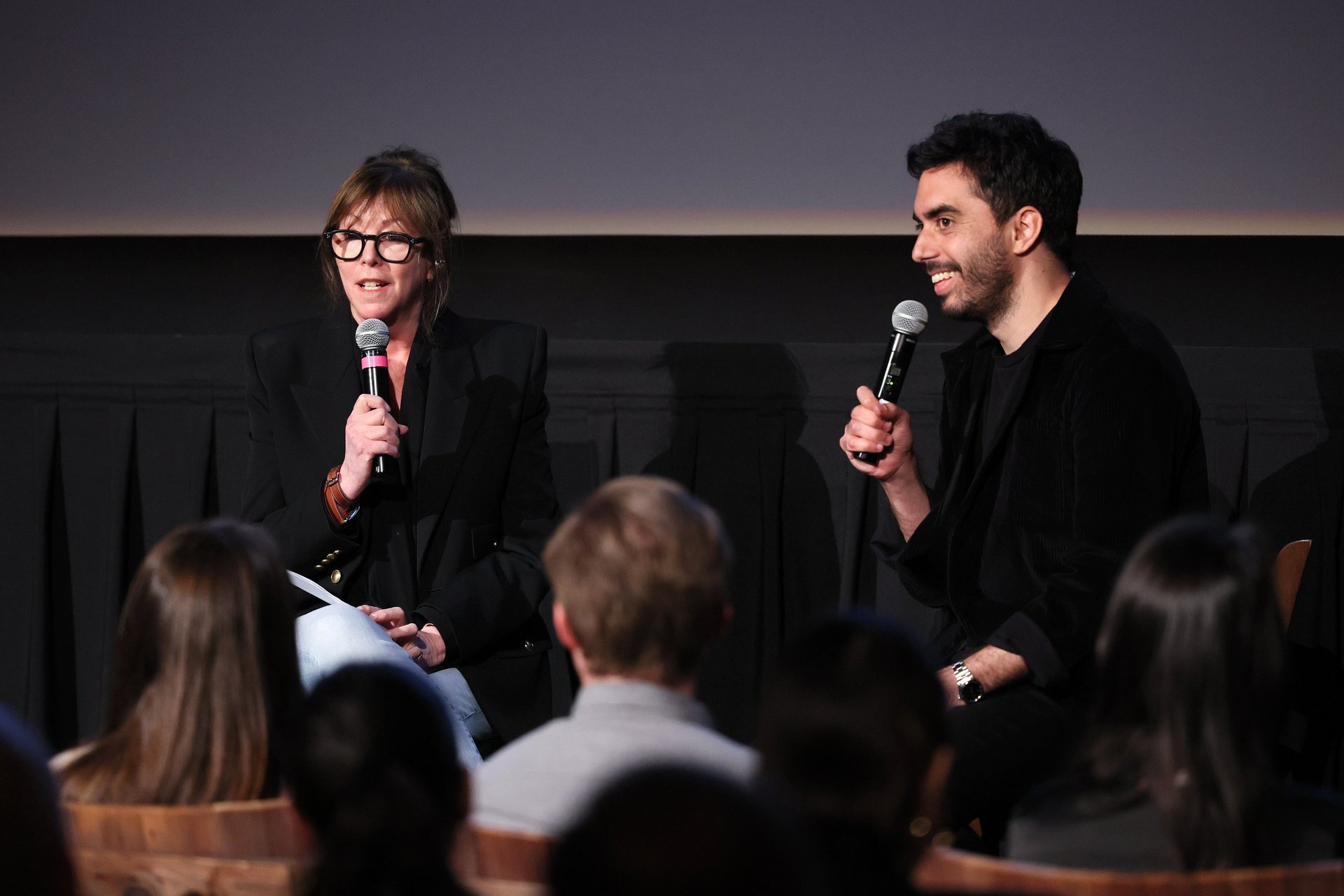AI is transforming the film industry — and a new festival gives 'a taste of what's coming'
AI is approaching a "breakthrough point where it's less about technology" and more about the people using it, Runway chief executive Cristóbal Valenzuela said

Have you ever wondered, “Where Do Grandmas Go When They Get Lost?” Or what would the planet would look like if we cut down all the trees?
Suggested Reading
At Runway’s second annual AI Film Festival, these worlds came alive on screen for just a few minutes — representing two of the ten finalists for this year’s festival, which received around 3,000 submissions. The festival welcomes film submissions, narrative or experimental, that use artificial intelligence-powered tools in the creation process, including generative AI.
Related Content
Runway’s chief executive and co-founder Cristóbal Valenzuela said seeing films created with AI tools — including those from his own company — for the first time last year was “mind-blowing.” And this year’s films from artists all over the world, he said, show “a taste of what’s coming.”
“As a toolmaker, the best state that you can get into is seeing someone really talented use your tools in ways that you couldn’t even imagine, and that brings me joy; that’s why we started in the first place,” Valenzuela, who wanted to study filmmaking while growing up in Chile, said in an interview with Quartz. He added that Runway is interested in putting its tools in the hands of as many people as it can. “When you allow someone to make something that makes them feel special, that’s phenomenal.”
Valenzuela co-founded Runway in 2018 with Alejandro Matamala Ortiz, the company’s chief design officer, and Anastasis Germanidis, its chief technology officer, after meeting at New York University’s Tisch School of the Arts. Since then, Runway has done research to advance AI in the creative field, and has released tools for different parts of the filmmaking process, from storyboarding to script writing. The company also has its own generative AI models, Gen-1 and Gen-2, for video generation. Runway’s tools were even used for visual effects in the 2023 Oscar-winning film, Everything Everywhere All At Once.
Making films is expensive, difficult, and time-consuming, Valenzuela said. Part of what Runway is trying to do is create a future where “billions of people who have never thought of themselves as artists and filmmakers” have the tools to do what “only a handful of people can do” via conventional techniques.
“I think that’s the impactful aspect of any technology, is that it democratizes something that used to be very expensive and gate-kept,” he said.
When the company started, it was hard for people to embrace the technology, Valenzuela said. But now, “many more folks are realizing that these are very powerful tools if you know how to use them.” He added that Runway is working with major studios and production teams today, and he expects those partnerships to continue growing. Valenzuela said a lot has changed since the company’s founding, with models getting better at conveying stories and emotions in the ways artists using them want, and there’s still a long way to go.
However, concerns over the use of AI in the creative industry (and many others) have grown, and were a focal part of the Hollywood writers’ strike last summer. Part of the deal reached between writers and studios is that AI is not permitted to “write or rewrite literary material,” AI-generated writing cannot be considered “source material,” and writers can’t be forced to use AI in their work unless they want to.
Valenzuela said writers’ concerns over being replaced with AI are valid, but have more to do with how the film industry does its business.
“With AI specifically, it’s really important to start thinking about tasks instead of jobs,” Valenzuela said. “There are tasks within your jobs that will get automated, simplified, and will be better to do, and faster to do. If you’re a good creator who knows how to use these tools, then you can take advantage of them. I think that’s a better mental model to think about what’s coming, then to think about just replacement.”
So far, AI models have received too much attention, he argued, when it should be about the people using and benefiting from the technology, and what it would mean for more people to use it. Last year’s festival winners have gone on to new jobs, and have had opportunities to move around the world, said Valenzuela, adding that those tech-driven developments should be getting more attention.
“I think we’re approaching that breakthrough point where it’s less about technology, and it’s more about people using technology,” Valenzuela said.